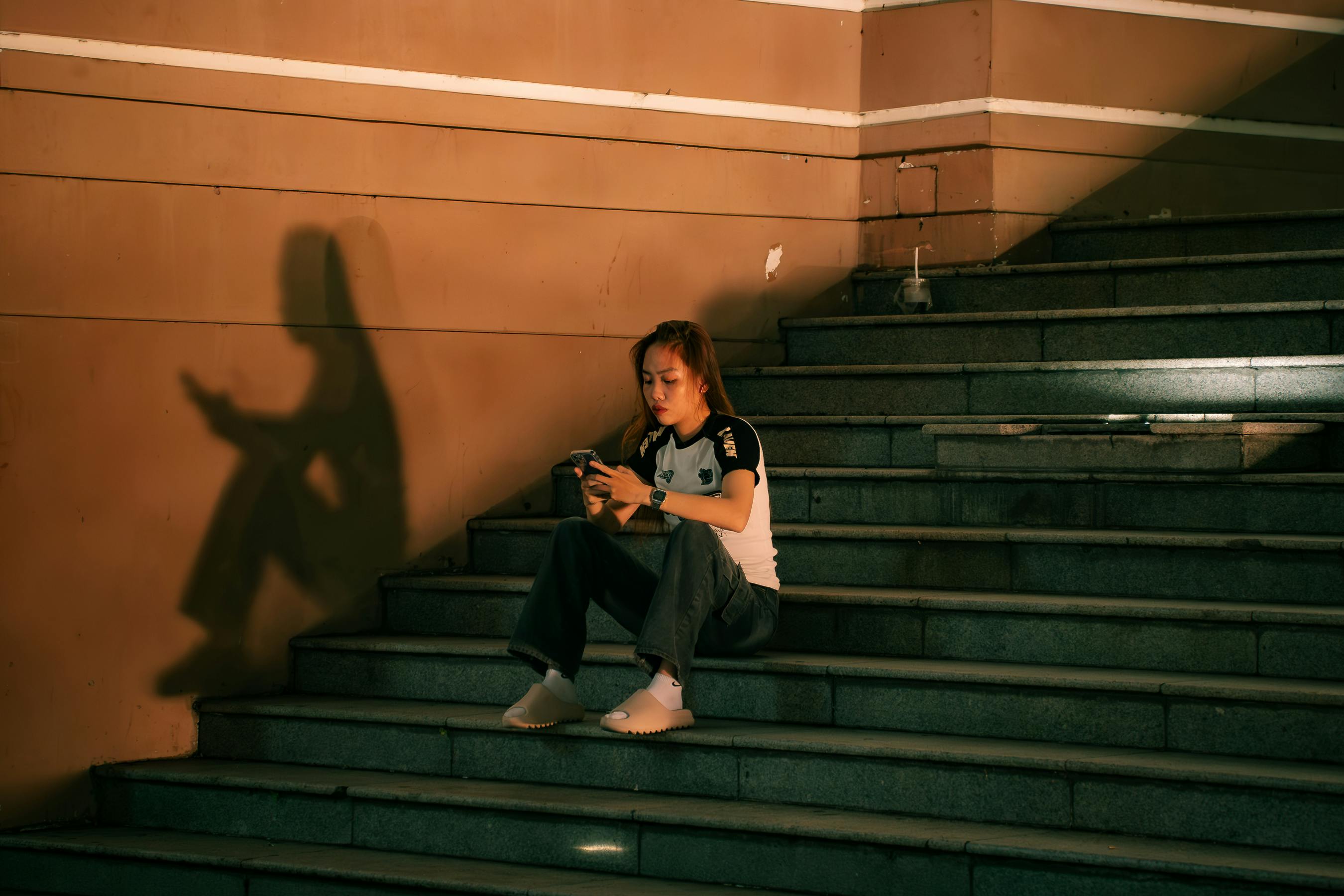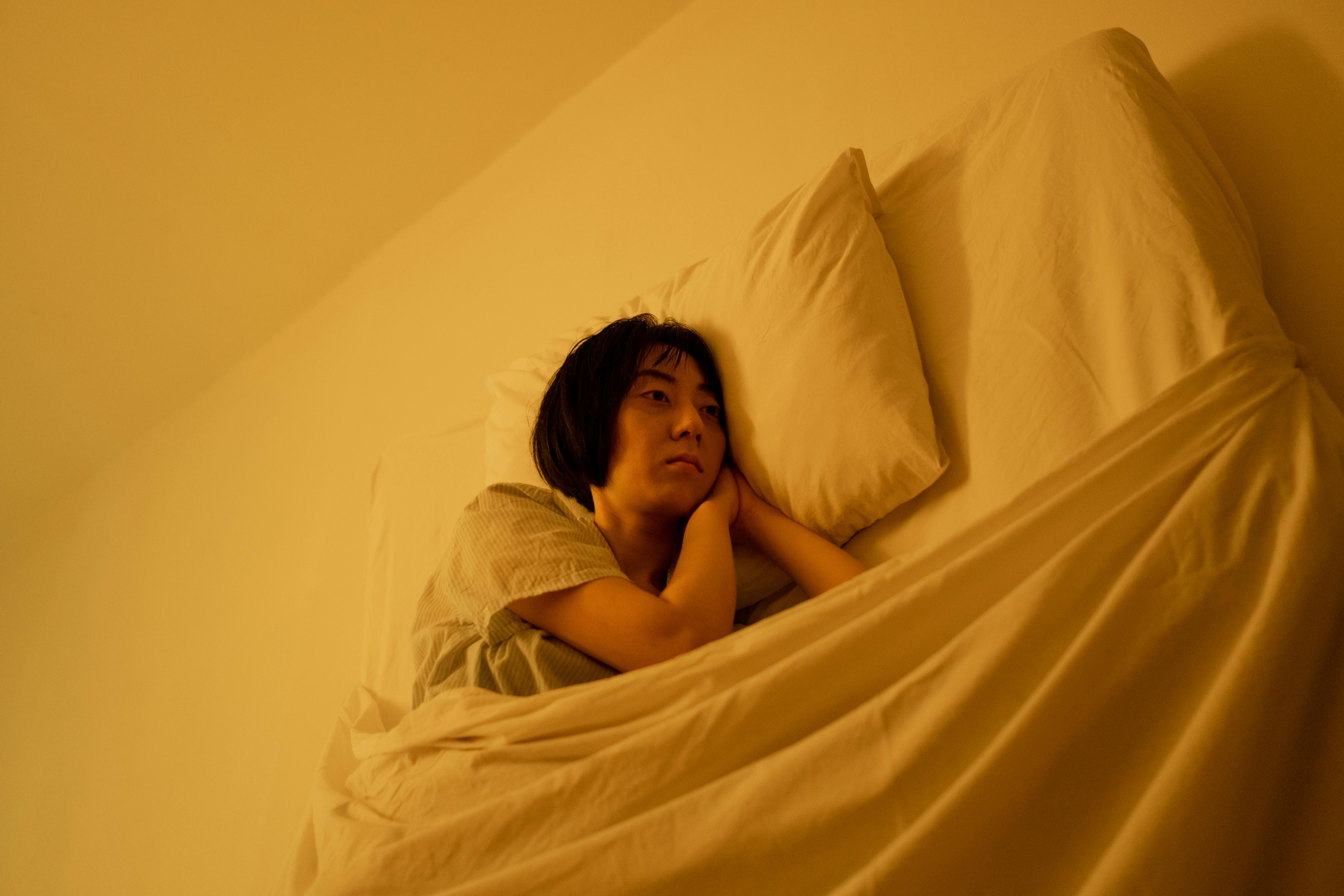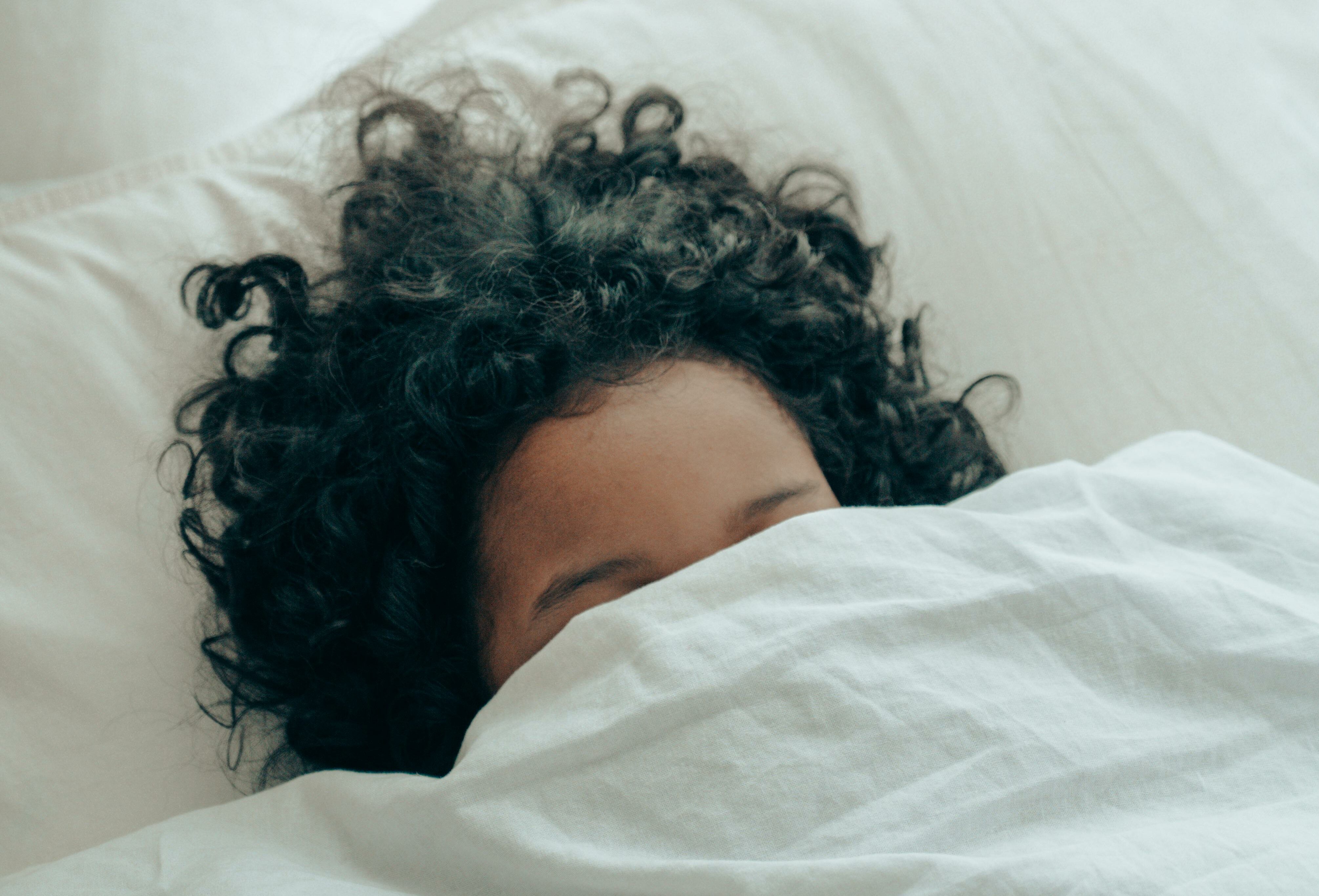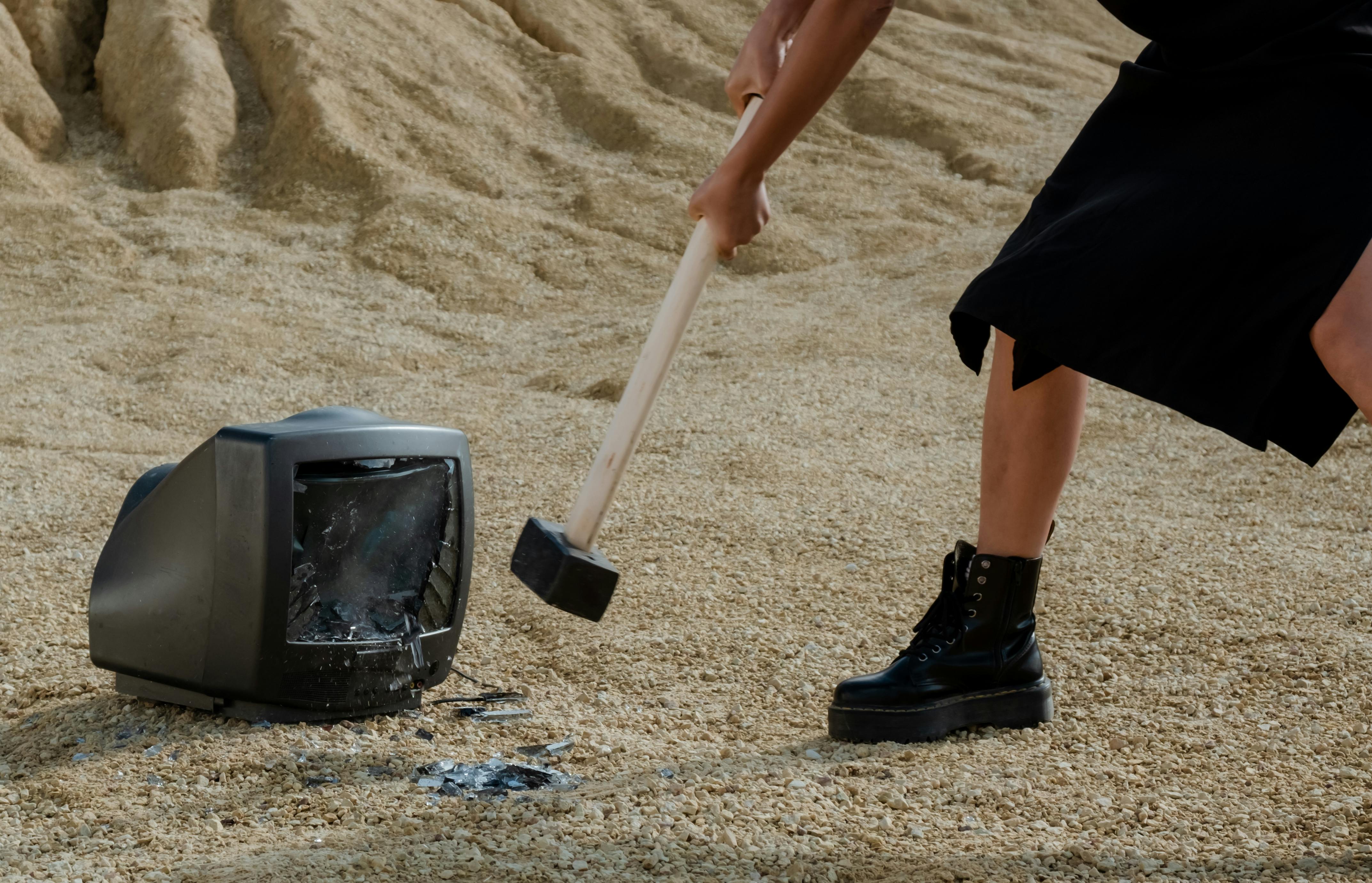We live in a world where our phones, tablets, and laptops have become extensions of ourselves. From constant notifications to an endless stream of social media updates, the digital world keeps us connected and informed, but it also leaves us feeling overwhelmed, distracted, and, for many, even anxious or depressed. Studies now show that all this screen time can have serious consequences for our mental health. That’s where the concept of a digital detox comes in.
A digital detox is simply the intentional practice of disconnecting from technology to improve mental clarity, reduce stress, and reconnect with what matters. In this article, we’ll explore why a digital detox can benefit mental health, common signs you might need one, and practical steps for doing it in a way that fits your lifestyle.
Why a Digital Detox?
Let’s face it: technology is a double-edged sword. On the one hand, it offers convenience, efficiency, and connection. On the other, it can lead to “tech burnout”—feelings of stress, fatigue, and irritability that arise from spending too much time on screens. Research backs up these concerns:
Increased Anxiety and Depression: According to a study by the American Psychological Association, adults who constantly check their phones and social media have a higher risk of anxiety and depression. Those who check their phones more than once an hour report 35% more stress than those who check less frequently.
Sleep Disruption: Exposure to screens, especially before bed, can interfere with sleep quality. Blue light emitted from screens affects melatonin production, making it harder to fall asleep. Poor sleep, in turn, leads to increased irritability, lower cognitive function, and even increased susceptibility to mood disorders.
Reduced Attention Span: The average person’s attention span has decreased by about 25% over the past two decades, largely due to the way we consume digital media. This shortened attention span makes it harder to focus on meaningful tasks, which can lead to frustration and feelings of unproductiveness.
Signs You May Need a Digital Detox
It’s easy to get so used to being constantly connected that you may not notice the impact it’s having on your mind and mood. Here are some common signs that it might be time for a digital detox:
Feeling Overwhelmed by Notifications: Do constant pings and notifications leave you feeling on edge? A constant stream of updates can lead to what psychologists call “notification fatigue,” a sense of stress triggered by frequent interruptions.
Comparing Yourself to Others: If you often find yourself scrolling through social media and feeling envious, inadequate, or anxious, you’re not alone. Studies show that people who spend more time on social media are more likely to experience feelings of low self-worth.
Difficulty Sleeping: If you’re having trouble falling asleep or staying asleep, consider your screen habits, especially in the hour before bed. Blue light from screens suppresses melatonin, the sleep hormone, which can lead to insomnia.
Reduced Attention Span and Productivity: Do you find yourself constantly checking your phone during tasks? This “digital distraction” lowers productivity and makes it harder to focus on long-term goals, which can contribute to stress and a sense of unfulfillment.
Feelings of Tech Burnout: Tech burnout includes symptoms like irritability, fatigue, and lack of motivation when it comes to both work and personal digital tasks. If you’re finding technology to be more draining than useful, it may be time to take a break.
Benefits of a Digital Detox
A digital detox doesn’t mean you have to give up technology entirely. Rather, it’s about creating intentional boundaries so that technology becomes a helpful tool rather than a source of stress. Here are some of the biggest benefits:
1. Improved Mental Clarity and Focus
When we unplug, we give our brains a chance to rest. Reducing screen time has been shown to improve focus, allowing us to be more present in the moment. With fewer distractions, it’s easier to concentrate on tasks, make thoughtful decisions, and engage fully in conversations.
2. Reduced Anxiety and Stress
Studies show that reducing time on social media and other digital platforms lowers levels of cortisol, the stress hormone. A study by the University of Pennsylvania found that people who reduced social media usage by 30 minutes per day reported 30% lower levels of anxiety and depression after three weeks.
3. Better Sleep Quality
By reducing exposure to screens, especially in the evening, we give our bodies a chance to produce melatonin, making it easier to fall asleep and get restful, uninterrupted sleep. Improved sleep contributes to better mood, cognitive function, and overall resilience.
4. Improved Self-Esteem and Body Image
Social media can be a hotbed for comparison and self-doubt. By stepping back, we’re less likely to compare ourselves to others, which improves self-esteem and encourages more genuine self-acceptance.
5. More Meaningful Connections
Spending less time on devices frees up time to connect with loved ones in person. When we’re not distracted by screens, we’re more present, better listeners, and more engaged in our relationships, which strengthens social bonds.
Steps for a Successful Digital Detox
Ready to try a digital detox? Here are some practical steps to make it work, whether you’re starting with a “tech-free” day or just cutting back on screen time gradually.
1. Set Clear Boundaries
Before starting, set some clear goals for your digital detox. Decide which boundaries make the most sense for you:
- Social Media-Free Mornings: Start your day without scrolling through social media. Instead, take this time for mindful activities like reading, stretching, or enjoying your breakfast.
- Phone-Free Zones: Designate certain areas of your home as “tech-free zones,” such as the bedroom or dining area, to create spaces where you can relax without distractions.
- Screen-Free Evenings: Try setting a cutoff time in the evening, like an hour before bed, to put away screens. This can improve your sleep quality and help you unwind.
2. Turn Off Non-Essential Notifications
One of the easiest ways to reduce stress from constant pings is to turn off non-essential notifications. Go through your apps and disable notifications for anything that doesn’t require an immediate response. Most phones also offer “Do Not Disturb” modes that silence all alerts except those from selected contacts.
3. Limit Social Media Time
Apps like Instagram, Facebook, and Twitter can eat up hours without us even realizing it. Many phones and apps now allow you to set time limits for each platform. Aim to cut down gradually—research suggests that reducing social media time by just 30 minutes per day can significantly improve mood.
4. Use Digital Wellbeing Tools
Many smartphones offer built-in tools to monitor screen time, limit app usage, and reduce blue light exposure. Features like “Screen Time” on iOS or “Digital Wellbeing” on Android allow you to set daily screen time goals, track your app usage, and see where you’re spending the most time.
5. Engage in Offline Activities
Fill the time you’d normally spend on screens with activities that enrich you and provide a sense of relaxation or accomplishment. Try things like:
- Reading a Book: Give yourself a break from screens while stimulating your mind.
- Practicing Mindfulness or Meditation: Taking time for deep breathing or mindfulness can help reduce stress.
- Going for a Walk: Spending time outside, especially in nature, has been shown to reduce cortisol levels and improve mood.
- Journaling: Writing down your thoughts and feelings is a great way to process emotions and clear your mind without digital distractions.
6. Involve Friends or Family
Doing a digital detox with friends or family members can make the experience more enjoyable and hold you accountable. You could plan a phone-free day trip, a family game night, or just a simple walk together without screens. Having others involved helps reinforce the idea of connection without digital interference.
Practical Tips for Maintaining Balance Post-Detox
Once you complete a digital detox, it’s natural to want to reintroduce some screen time. Here’s how to maintain a healthy digital balance moving forward:
Practice Mindful Technology Use: Be intentional with screen time. For example, if you’re checking social media, set a time limit. Ask yourself why you’re logging on and what you’re hoping to get out of it.
Schedule Regular Tech Breaks: Consider implementing regular digital detoxes, such as a tech-free weekend each month or phone-free evenings. This helps reset your mind and establish a healthier relationship with technology.
Prioritize Real-Life Connections: Make time for in-person interactions as much as possible. Building real connections gives a sense of purpose and satisfaction that screens can’t replicate.
Create a Tech-Free Morning Routine: Many people find that their days are less stressful and more productive when they start with a tech-free morning. Even 15-30 minutes without screens can set a positive, calm tone for the day.
Curate Your Digital Space: Follow people and accounts that inspire you, unfollow those that bring negativity or stress, and periodically delete apps you no longer need. Digital decluttering is as essential as physical decluttering for mental health.
Final Thoughts: A Digital Detox for Mental Clarity
Technology has transformed the way we live, learn, and connect, but there’s no denying that too much screen time can drain us mentally. A digital detox, even a small one, offers a valuable reset, helping us to regain focus, reduce stress, and strengthen the relationships that matter most.
Start small—an hour a day, a weekend without screens, or simply creating tech-free zones in your home can make a difference. The key is to make technology work for you rather than allowing it to control your time and attention. The mental clarity and calm you gain from stepping back may just be the best kind of connection there is.
Try a digital detox routine with Hapday, Your Wellbeing Assistant
Join the millions of people using Hapday. Improve overall wellness & sleep.




